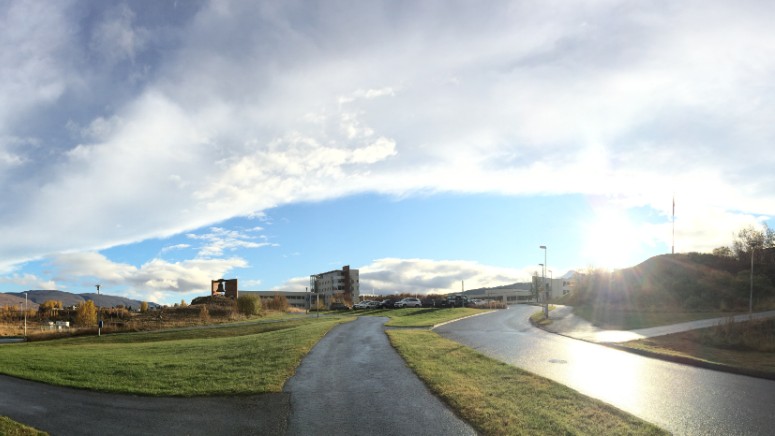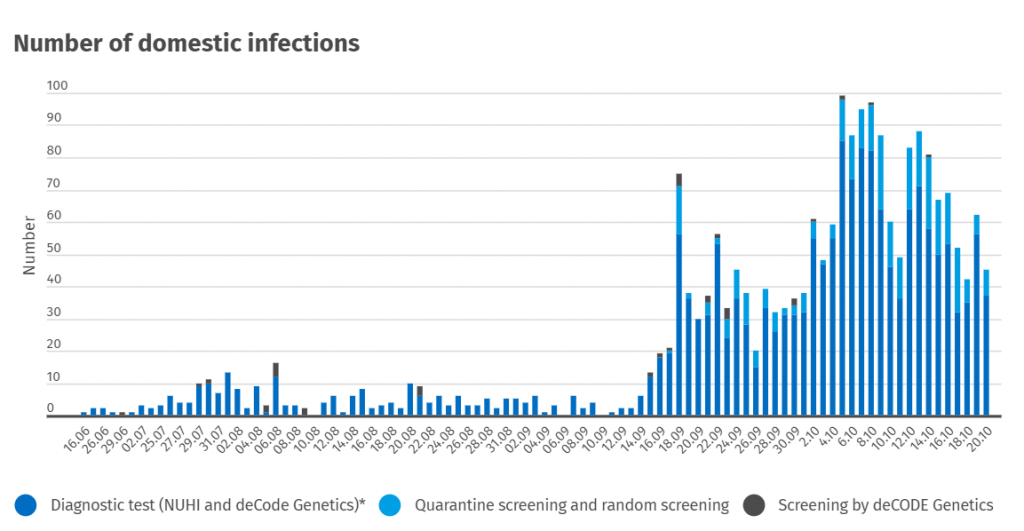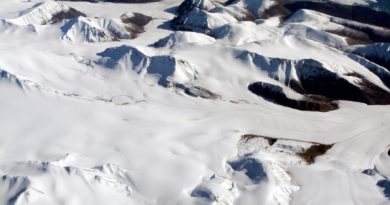Iceland tightens up COVID-19 rules and increases social distancing rule to two metres across the country

Iceland announced more stringent COVID-19 regulations on Monday, which include increasing social distancing between people from one metre to two.
Previously, the two-metre rule had only been in effect in the Reykjavik capital area, the region hardest hit by COVID-19. The rest of the country had a one-metre distance rule to be observed by people not from the same household.
Now, the two-metre rule must be observed across the country and will be in effect until November 10.
Some of the additional changes to pandemic rules across the country include facemask use in stores where maintaining a two-metre distance between people isn’t possible, a limit of 20 people at gatherings, and the banning of spectators at any sport event, even if held outside.
Additional changes for Reykjavik area
New changes specific to the Reykjavik capital area include prohibiting all sports and leisure activities which involve physical contact, including swimming, for children from kindergarten to junior school.
Iceland was one of the early success stories for its containment of COVID-19 when the pandemic began. By May, the infection rate was largely under control, a situation that continued until mid September. But since then the number of cases has shot up dramatically.
A graph showing the number of reported COVID-19 infections in Iceland over the last four months.

As of Wednesday, Iceland has had 4,230 confirmed cases of COVID-19 and 11 deaths since the pandemic began. Health authorities are reporting 266.2 domestic infections per 100,000 people over the last 14 days.
Write to Eilís Quinn at eilis.quinn(at)cbc.ca
Related stories from around the North:
Canada: Canada’s PM says COVID-19 pandemic amplified housing, connectivity gaps in territories, CBC News
Denmark: COVID-19 could delay Kingdom of Denmark’s Arctic strategy, Eye on the Arctic
Finland: Sámi reconciliation process gains final approval in Finland, Yle News
Iceland: Iceland extends bar, nightclub COVID-19 closures in capital area until September 27, Eye on the Arctic
Norway: Are potential Arctic security threats eclipsing urgent action on climate? A new study makes its case, Eye on the Arctic
Russia: Russia removes critical voices ahead of Arctic Council chairmanship, claims Indigenous peoples expert, The Independent Barents Observer
Sweden: Twenty-five Indigenous Sami remains returned by museum are reburied in northern Sweden, Radio Sweden
United States: Indigenous communities in Alaska harder hit by COVID-19, Alaska Public Media



